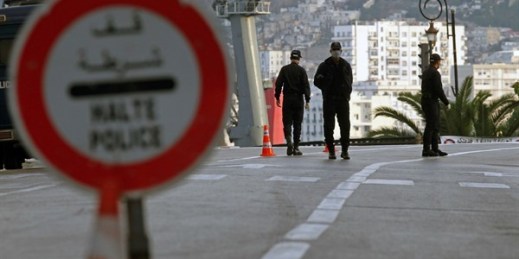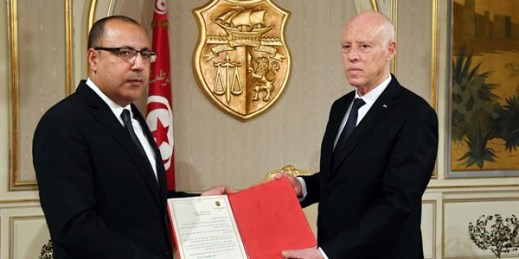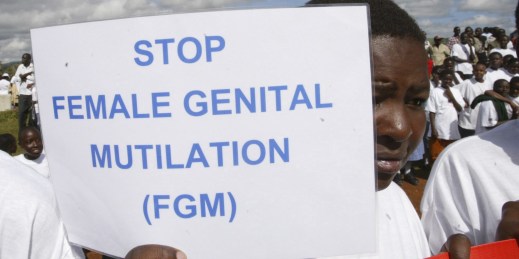
The coronavirus pandemic is challenging Algeria’s aging health care system, as the number of confirmed cases of COVID-19 approach 45,000, with some 1,500 deaths. Yet rather than the virus itself, it is the Algerian regime’s use of the pandemic to quell popular dissent that is pushing the country deeper into crisis. The authorities have seized on the public health emergency to arrest activists and clamp down on the flow of information, actions that will likely only worsen Algeria’s long-running political stalemate. Anti-government demonstrators calling themselves Hirak, or “movement” in Arabic, had been taking to the streets on a weekly basis […]


